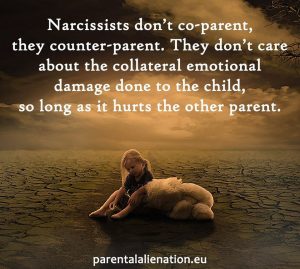DESCRIPTION
In divorce and coparenting, not only do parents need to deal with their own emotions, they may be faced with a daily barrages of hostile calls, texts, social media blasts, and/or emails. How can you regain a sense of control and peace for your own sake and for the kids?
https://www.unhookedmedia.com/stock/biff-for-coparents
 Illinois Divorce Lawyer Blog
Illinois Divorce Lawyer Blog






